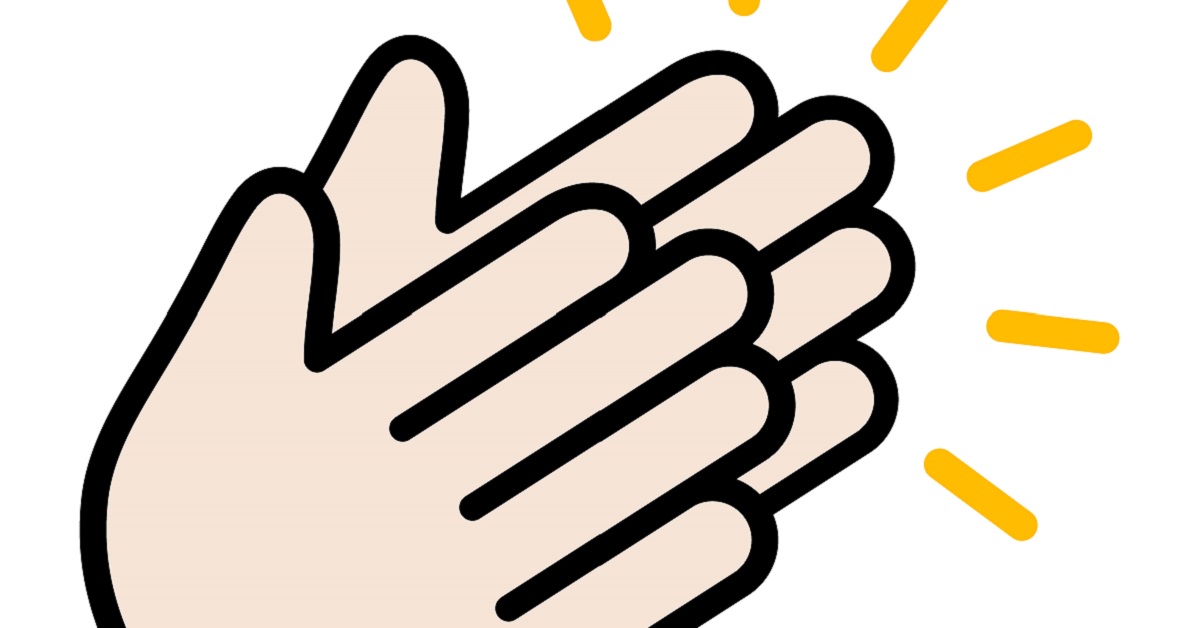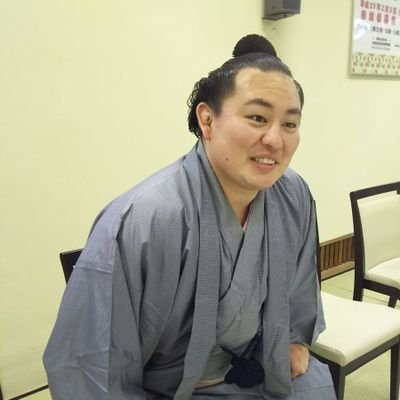In sumo, “Kashiwade” is not just a ritual — it is a sacred act of gratitude and prayer.
When wrestlers clap their hands upon entering the ring, the sound purifies the space and focuses their spirit, marking the start of a divine contest rather than a mere sport.
What Is Kashiwade?
In sumo, Kashiwade is based on Shinto ritual practice. Just as worshippers at shrines perform two bows, two claps, and one bow, sumo wrestlers express gratitude and prayer to the gods through this motion. Before entering the ring, a wrestler claps once to calm his mind and purify himself. While crouching in the sonkyo position, he claps again, declaring his readiness to fight upon the sacred dohyō.
It is not a greeting toward the opponent, but a gesture of respect to the deities. The dohyō is considered a divine ground, and when a wrestler scatters salt and performs Kashiwade, he is purifying the arena and seeking divine protection.
The following table summarizes the essential meanings behind Kashiwade:
| Element | Meaning | Background |
|---|---|---|
| Purification | To drive away impurity or evil | Keeps the dohyō sacred |
| Gratitude | Expressing reverence to the gods | Prays for safety and fairness |
| Oath | Promise to fight with honor | Mental preparation before the match |
Kashiwade must be performed with a pure heart. Each sharp clap changes the atmosphere of the arena, drawing even the spectators into a shared silence.
――――――――――――――――――――――
The Meaning and Origin of Kashiwade
The origin of clapping in Japan lies in ancient Shinto ritual. In early Japanese belief, sound was used to summon the gods, and the act of clapping was a means of calling divine attention to one’s prayers.
Sumo inherited this spirit as an offering of strength before the gods. By the Nara period, sumo had become part of imperial court ceremonies, performed to pray for bountiful harvests and national peace. Wrestlers expressed gratitude by clapping their hands before bouts, a tradition that remains unchanged in professional sumo today.
Below is a summary of how Kashiwade evolved through history:
| Era | Purpose | Characteristics |
|---|---|---|
| Ancient | Prayer and offering to the gods | Part of sacred Shinto ceremonies |
| Medieval | Adopted in samurai rituals | Used to declare solemn vows |
| Modern | Formalized within sumo | Symbol of respect and spiritual focus |
Across centuries, Kashiwade has symbolized the connection between prayer and respect, purifying the mind and linking humans to the divine through sound.
――――――――――――――――――――――
How to Perform Kashiwade Properly
To perform Kashiwade correctly, posture, timing, and mindset are crucial. Both Shinto worship and sumo share similar steps, as shown below:
| Step | Action | Meaning |
|---|---|---|
| 1 | Raise both hands to shoulder height | Prepare to offer prayer |
| 2 | Bring hands together before the chest | Clear the mind and focus inward |
| 3 | Clap twice | Call the gods and purify the space |
| 4 | Hold hands together silently | Express gratitude and determination |
| 5 | Bow once | Show respect and conclude the prayer |
The beauty of the sound is essential. Wrestlers slightly offset their palms when clapping, producing a clear, resonant tone. This crisp sound is said to reach the ears of the gods and represents a pure spirit.
The true meaning of Kashiwade lies not in mechanical precision but in the sincerity of one’s heart. When performed with gratitude and mindfulness, the sound itself is believed to carry divine energy.
――――――――――――――――――――――
Moments When Kashiwade Is Performed in Sumo
Kashiwade appears three times during a sumo ritual. Each instance has a distinct meaning:
| Moment | Purpose | Mental Focus |
|---|---|---|
| Ring-entering | To thank and purify the gods | Show proper reverence |
| Before the bout | To clear the mind and remove distraction | Swear to fight with fairness |
| After the match | To express gratitude | Offer thanks beyond victory or defeat |
For wrestlers, these moments mark the sacred beginning and end of battle. Through these gestures, each bout transforms from a mere competition into a spiritual offering to the divine.
When the sound of Kashiwade echoes, the arena falls silent. The wrestler’s inner resolve seems to vibrate through the air, connecting everyone present in shared reverence.
――――――――――――――――――――――
The Cultural Appeal of Kashiwade for Foreigners
To many foreigners, Kashiwade represents the spiritual essence of Japanese culture. In Western traditions, clapping expresses praise or excitement, whereas in Japan, it signifies purification and prayer. Understanding this contrast deepens one’s appreciation of Japanese culture.
During sumo tournaments, foreign audiences often notice how the atmosphere transforms when a wrestler claps. The sacred silence that follows embodies Japan’s aesthetic concept of ma — the beauty of stillness and space.
Today, Kashiwade transcends religion. It is viewed as a universal form of respect, mindfulness, and integrity, conveying the idea that sports and spirituality can coexist harmoniously.
――――――――――――――――――――――
Conclusion
Kashiwade is one of the most spiritually significant actions in sumo. Each clap carries three core meanings: gratitude to the gods, purification of space, and purification of the self.
When watching a sumo match, take a moment to listen to the sound of Kashiwade. Within that brief echo lies over a thousand years of prayer, respect, and cultural continuity. It embodies the Japanese values of sincerity, reverence, and calm strength.
Kashiwade is not merely a movement — it is a mirror reflecting the Japanese spirit. Through its sound and silence, we can sense the profound spiritual depth that makes sumo more than a sport — a living cultural ritual.





コメント